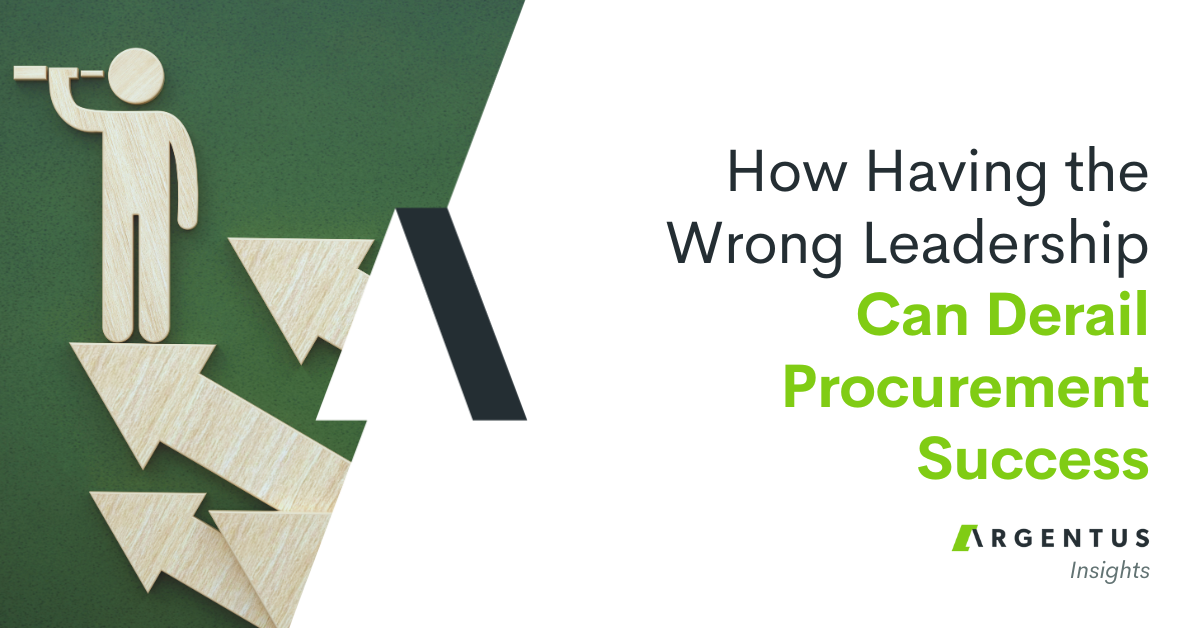
Procurement’s role is shifting and evolving. It used to be a purely transactional function, focused on the administrative aspects of purchasing. Then it became more strategic, and Procurement was able to deliver cost savings through outsourcing and strategic sourcing. Now, things are progressing even further in the evolution of Procurement and the function’s role is moving beyond cost savings into delivering additional kinds of value. More than ever, Procurement is encouraging innovative collaboration with suppliers, and breaking down internal siloes within companies to encourage more internal collaboration as well.
Deloitte just released its 2016 CPO survey, asking 324 Chief Procurement Officers from 33 countries about the top issues in Procurement. We wanted to take a moment to highlight some of the key findings from the Deloitte survey for our blog readers, including (most relevant for us), what the Chief Procurement Officers surveyed had to say about talent and hiring.
First off, CPOs expect digital technology to keep revolutionizing the field as it has done for the past few decades. They expect technologies like cognitive analytics, crowdsourcing for suppliers, and mobile analytics to improve Procurement’s speed of execution and flexibility. They expect improving automation and robotics to speed up the more back office, clerical work involved, freeing up more time for Procurement professionals to focus on strategic work.
Overall, the Chief Procurement Officers who participated in the survey were bullish about how overall economic trends are impacting Procurement, with 90% of respondents claiming that low commodity prices and soft markets allowed them to deliver significant savings in 2015 – in addition to other strategic contributions.
However, things get a little less rosy when it comes to talent:
In 2013, 48% of CPOs felt their team lacked the skills to meet their Procurement strategy. In 2014, this number rose to 57%, and in 2015, this number rose even higher to 62%. This shows that the skill gap in Procurement might be widening, at least in terms of CPO opinion.
Broken down by industry, 63% of Public Sector CPOs are unsatisfied with their teams’ ability to execute their Procurement strategy, and a staggering 80% of Financial Services CPOs are unsatisfied with the same. Granted, this has just as much to do with rising expectations of what companies expect Procurement to deliver as it does with a lack of talent. But the fact remains that the market for talent is extremely tight in Strategic Procurement – and the survey bears out what we’ve been noticing at Argentus, which is a very robust amount of hiring in the Financial Services industry.
What’s more, almost half of CPOs in the survey said that it’s become more difficult to attract talent over the past year. In the authors’ words, “sourcing new talent to join the function remains difficult and training is underrepresented as a capability development mechanism.”
As recruiters, we’re in the trenches of this hiring process, and there are lots of factors underlying why it’s becoming more difficult to hire strategic Procurement professionals. As we mentioned, companies are expecting more from Procurement. Colleges and certifications might still be too focused on transactional Procurement rather than the more strategic side. And more and more, companies are also offering salaries that aren’t in line with what the top people are already earning.
The training issue is also important to mention. In 2012, 3.2% of companies spent less than 1% of their budgets on training for their Procurement staff. By 2015, this number rose to 29.5% of companies. While this is a slightly strange metric and phrasing for a survey question (maybe budgets are higher?), it’s still troubling that organizations aren’t doing more to upskill their Procurement teams. It’s clear that companies that invest in training in their Procurement function benefit immensely in terms of increased cost savings, strategic partnerships with suppliers, and retaining people who see their skills growing instead of stagnating. On the bright side, companies that are investing in training are focusing more on leadership, communications, negotiations, and other “soft skills” that are becoming more important in the field.
These are just a few findings that stuck out to us. We certainly encourage everyone to dig into the report! It has tons of great insight about current Procurement issues at the highest level – whether you’re most interested in the technology, the process, or (like us) the people involved in making Procurement great. ![]()
Have you signed up for Argentus’ Market Watch Newsletter? It only takes a moment. You’ll receive low-volume, high-impact market insights from the top specialty Supply Chain recruiters including: Salary Information, Supply Chain industry trends, Market Intelligence, Personal Branding tips and More!
[mc4wp_form id=”17895″]



0 Comments